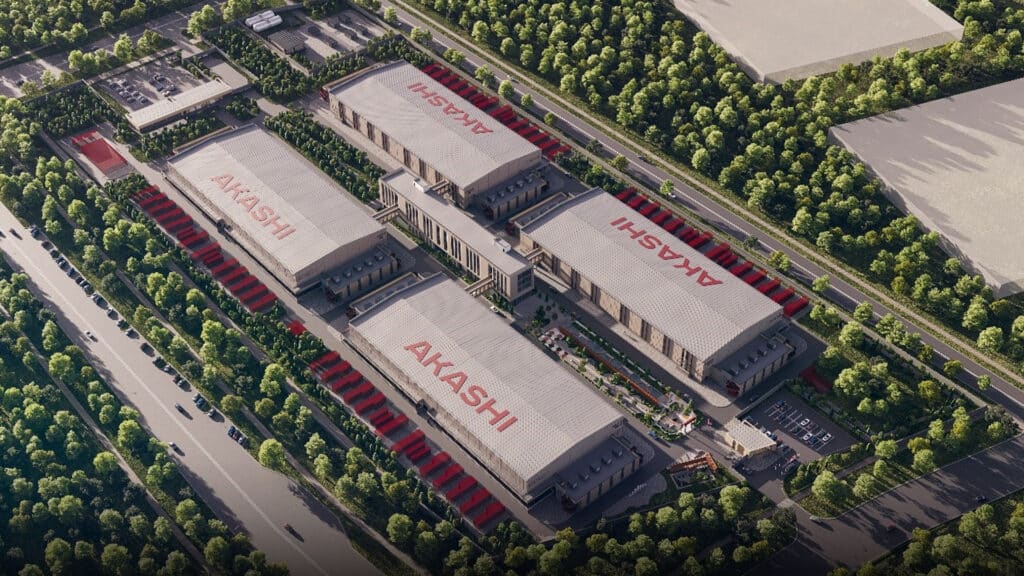Central Asia lacks computing power. Kazakhstan’s Akashi may be a solution

In Central Asia, and Kazakhstan in particular, the demand for modern data centers is constantly growing. Digitalization is a priority for these countries and this market is estimated at hundreds of millions of dollars.
According to Arizton, an international provider of market research, the Central Asian data center market will grow from $65 million in 2022 to $179.7 million by 2028 or by 18.5% annually. However, the corresponding infrastructure is developing unevenly, creating local capacity shortages.
In 2023, commercial data centers in Kazakhstan had 3,463 server racks and 3,775 racks by the end of 2024, an approximate 9% increase year-on-year, IKS-Consulting reported. Meanwhile, demand for colocation services continues to outpace emerging capacities. In addition, the surge in digital loads and the transition to AI infrastructure are increasing pressure on power grids, engineering resources and the labor market worldwide, according to the Uptime Institute.
Global players, including Asian and Middle Eastern companies, are increasingly diversifying the location of their computing capacity. Kazakhstan is becoming a natural choice for them as it is geographically close, energy-stable and open in terms of regulation.
«We see that the region’s need for computing capacity for its digital development is rapidly growing,» says Vladislav Minkevich, CEO of Akashi Data Center. «Therefore, we are creating the foundation for the digital economy of the future. Akashi is about the necessary infrastructure that will provide businesses, governments, and international companies with reliability, energy and predictability.»
The Akashi Data Center project — a Tier IV facility certified by the Uptime Institute — designed for 100 megawatts and 4,200 racks, is conceived as a platform that will cover both Kazakhstan’s domestic demand and the needs of neighboring markets, the company emphasized.
«A 500-rack site will no longer be able to meet the needs of either Kazakhstan or international players. We’re building with reserve capacity,» Minkevich noted. «Today, it’s important to think not only about where to store data, but also about how to ensure sustainable power and cooling, and to meet the capacity requirements of AI systems.»
The project has already sparked interest from leading global companies such as Microsoft, Amazon, Google, China Mobile International and Virtuozzo. More than 500 tech companies have reached out to Akashi for collaboration.
The key competitive advantage of Akashi is its energy autonomy. In parallel with the data center’s construction, the company is building its own gas-fired power plant with a capacity of up to 1 gigawatt, ensuring low energy costs and resilience during peak loads.
Meanwhile, neighboring countries are also striving to expand their digital capacity. In Azerbaijan, AzInTelecom is developing a public cloud and building new data centers with financial support from the European Investment Bank; in Uzbekistan, a memorandum has been signed for a 300-megawatt project involving Linkwise.
The development of such facilities aligns with government priorities. In his latest national address, President Kassym-Jomart Tokayev emphasized the need for the accelerated development of AI. The country has even established the Ministry of Artificial Intelligence and Digital Development, which is expected to help find comprehensive solutions to these challenges.

